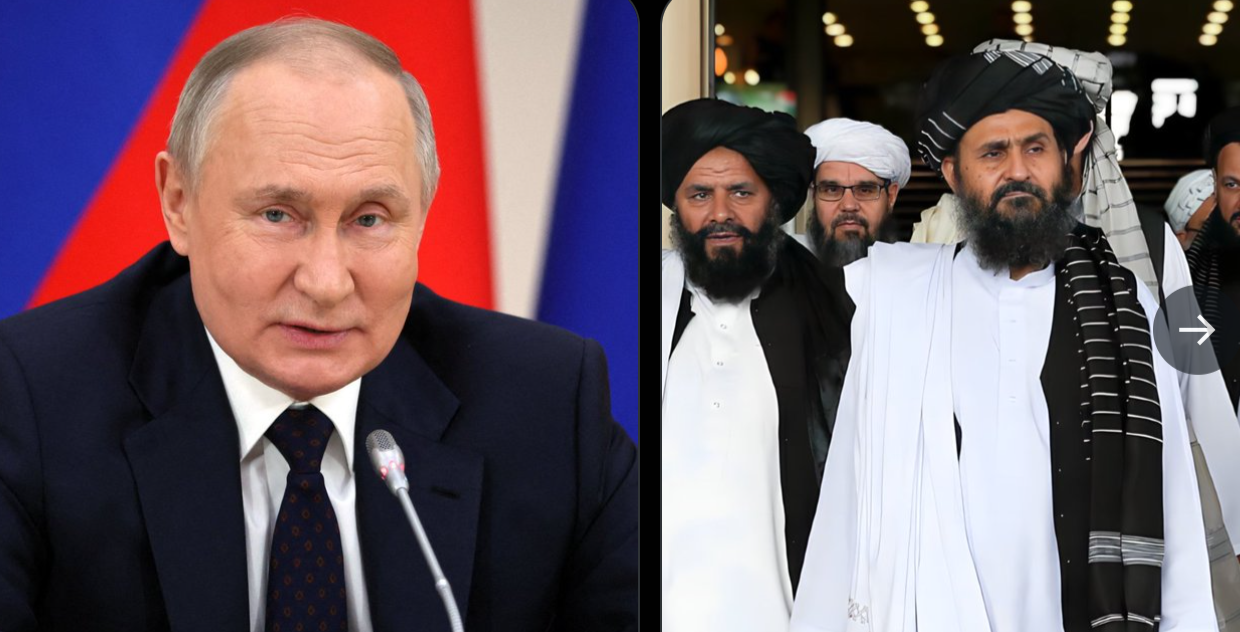Pakistan discovers massive gold reserves worth $2.1 Billion
Pakistan Discovers Massive Gold Reserves Worth $2.1 Billion: A Game-Changer for the Country’s Economy?
In a major development that could transform Pakistan’s economic landscape, the country has discovered massive gold reserves estimated to be worth a staggering $2.1 billion. This discovery, made in the remote regions of Khyber Pakhtunkhwa province, has the potential to provide significant economic benefits, particularly in terms of boosting national revenue, creating jobs, and strengthening the country’s position in the global mining industry.
The gold reserves, which are among the largest discoveries in recent years, have been hailed as a game-changer for Pakistan. However, the discovery also raises important questions about how this newfound wealth will be managed, how it will impact Pakistan’s foreign relations, and what steps will be taken to ensure that the benefits are distributed equitably.
In this article, we will explore the significance of Pakistan’s gold discovery, its potential economic impact, and the challenges the country faces as it seeks to harness this newfound resource.
The Discovery of Gold Reserves
The discovery of the gold reserves was made by Pakistan’s Geological Survey Department, which has been conducting exploration activities in the Khyber Pakhtunkhwa region for several years. According to reports, the gold deposits are located in the mountainous areas of the province, which are rich in natural resources. The discovery has already attracted attention from local and international mining companies, with many eager to invest in the extraction of the precious metal.
The reserves are estimated to be worth $2.1 billion, though the exact quantity of gold and the timeline for extraction are still being determined. Pakistan’s Minister for Energy, Omar Ayub Khan, confirmed the discovery, stating that the reserves could potentially help the country address its ongoing fiscal challenges, including its high national debt and trade imbalance.
While the details of the discovery are still being studied, early estimates suggest that the gold deposits could significantly contribute to Pakistan’s economy in the long term. With the global price of gold remaining relatively high, this discovery presents a unique opportunity for Pakistan to tap into one of the world’s most valuable commodities.
Economic Impact of the Discovery
- Boosting National Revenue: One of the most immediate benefits of this discovery is its potential to increase national revenue. Gold is one of the world’s most valuable commodities, and with global demand for gold remaining strong, Pakistan stands to gain significantly from the sale and export of the precious metal. The government could generate much-needed revenue through taxes, royalties, and export duties, which could help reduce the country’s reliance on foreign aid and loans.
- Job Creation and Economic Growth: The extraction of gold reserves could provide a significant boost to Pakistan’s economy by creating thousands of jobs in the mining sector. From skilled labor to administrative roles, the mining industry offers a wide range of employment opportunities that could benefit local communities, especially in the economically underdeveloped Khyber Pakhtunkhwa region. This, in turn, could help reduce poverty, increase household incomes, and promote economic development in rural areas.
- Strengthening the Mining Sector: The discovery of such large gold reserves also positions Pakistan as a significant player in the global mining industry. With proper investment and development, the country could develop a thriving mining sector that attracts international companies and investors. This could lead to the growth of associated industries, such as processing, refining, and transportation, further contributing to Pakistan’s economic diversification.
- Reducing Debt Burden: Pakistan has long struggled with a high national debt, much of which is owed to international creditors. The revenues generated from the gold reserves could help ease the country’s debt burden by providing an alternative source of income. The discovery offers the potential for Pakistan to reduce its reliance on foreign loans, which often come with stringent conditions, and instead leverage its own natural resources to support its economy.
- Potential for Foreign Investment: Given the high value of the gold reserves, international mining companies and investors are likely to show interest in exploring the deposits and contributing to the extraction process. Foreign investment in the mining sector could bring much-needed capital, technology, and expertise to Pakistan, helping to modernize the industry and improve extraction methods. However, the government will need to ensure that foreign investment is managed properly to ensure that the benefits of the discovery are retained within the country.
The Challenges Ahead
While the discovery of gold reserves is undoubtedly a positive development for Pakistan, there are several challenges that the country must navigate to ensure that it can fully capitalize on this new resource. Some of the key challenges include:
- Management of Natural Resources: One of the biggest challenges Pakistan will face is how to manage the newfound gold reserves effectively. It will be critical to develop a transparent, efficient system for the extraction and distribution of the gold, ensuring that revenues are used to benefit the country’s broader economy. Corruption has historically been a problem in Pakistan’s resource extraction industries, and the government must take steps to ensure that this does not undermine the potential benefits of the gold discovery.
- Environmental Concerns: Mining operations, particularly large-scale gold mining, can have significant environmental impacts, including habitat destruction, water contamination, and soil erosion. The Pakistani government will need to carefully regulate mining activities to minimize environmental damage and ensure sustainable practices. This may include enforcing stricter environmental protection laws and adopting modern, eco-friendly mining technologies.
- Geopolitical Tensions: The discovery of such valuable natural resources in Pakistan could attract the attention of neighboring countries and foreign powers, leading to potential geopolitical tensions. Pakistan shares borders with India, China, Afghanistan, and Iran, all of which have strategic interests in the region. The country must navigate these complex relationships carefully to avoid conflict and ensure that the benefits of the gold reserves are not overshadowed by regional instability.
- Social Impact and Local Communities: While the gold discovery has the potential to create jobs and improve economic conditions, it could also lead to social challenges. Large-scale mining projects often result in the displacement of local communities, particularly indigenous groups. It will be important for the Pakistani government to engage with local communities, ensuring that they have a say in how the mining projects are developed and that they are fairly compensated for any loss of land or livelihood.
- Securing International Partnerships: Given the scale of the gold reserves, it is likely that international mining companies will want to partner with Pakistan in the extraction process. While foreign investment can bring in much-needed capital and expertise, it is important that these partnerships are structured in a way that benefits Pakistan. The government will need to ensure that contracts are fair, transparent, and provide adequate returns for the country.
Global Implications
The discovery of massive gold reserves in Pakistan is likely to have broader global implications, particularly for the global gold market. If the extraction of the reserves is successful, Pakistan could become a more significant player in the international gold market, potentially influencing gold prices and global trade dynamics. The gold reserves also have the potential to alter the economic balance in the region, with Pakistan positioning itself as a stronger economic power in South Asia.
Furthermore, the discovery underscores the importance of natural resources in shaping global geopolitics. As countries increasingly turn to their natural wealth to fuel economic growth, resources such as gold are likely to become even more strategically important. Pakistan’s gold discovery could potentially shift regional power dynamics, attracting interest from countries seeking to access or control the resources.
In Conclusion
The discovery of $2.1 billion worth of gold reserves in Pakistan is a monumental event that holds the potential to reshape the country’s economic future. If managed effectively, these reserves could bring about significant economic benefits, including increased national revenue, job creation, and reduced debt. However, the government will need to navigate several challenges, including resource management, environmental concerns, and social impacts, to ensure that the benefits are widespread and sustainable.
Pakistan’s gold discovery is a reminder of the transformative power of natural resources and the role they play in shaping national economies and global geopolitics. The coming years will be crucial in determining how Pakistan leverages its newfound wealth to drive economic growth and improve the lives of its citizens. With careful planning, investment, and international cooperation, Pakistan could turn this discovery into a lasting and positive legacy for future generations.

















Post Comment